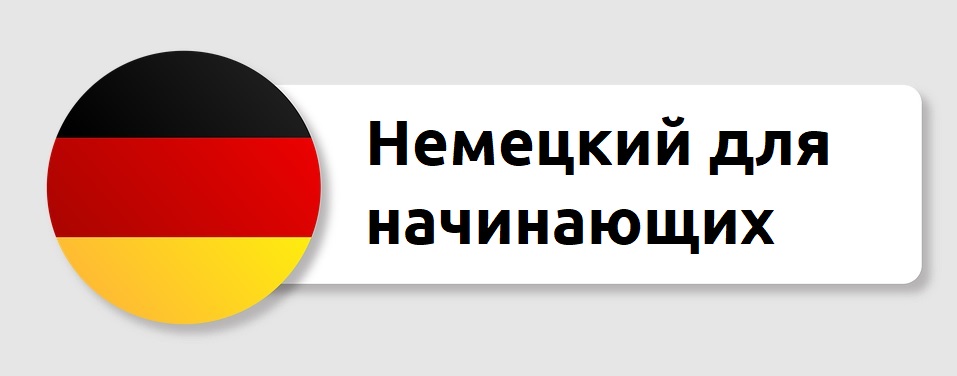1. Circle the correct words to complete the sentences.
1) Jason was / wasn’t at school. He was on holiday.
2) Pete and Kate was / were at the theatre last night.
3) Wendy and Jo were / weren’t with me. Was / Were they with you?
4 ‘Was / Were you at home last night?’ ‘Yes, I was / were .’
5) Harry was / were in Spain last summer.
6) The weather was / were really nice last weekend – warm and sunny.
Show answers
1) wasn’t 2) were 3) weren’t, Were 4) Were, was 5) was 6) was
2. Look at the table. Write sentences about where the people were. Use the past simple form of be, affirmative or negative.
|
Day |
Freddy |
Nola |
|
Mon |
London |
Manchester |
|
Tues |
Cardiff |
Cardiff |
|
Wed |
Bristol |
London |
|
Thur |
Newcastle |
Bristol |
|
Fri |
Liverpool |
Liverpool |
|
Sat and Sun |
Plymouth |
Nottingham |
1) Freddy / Manchester / Monday
Freddy wasn’t in Manchester on Monday.
2) Nola / London / Wednesday
________
3) Freddy and Nola / Newcastle / Tuesday
________
4) Freddy / Plymouth / Saturday and Sunday
________
5) Nola / London / Monday
________
6) Freddy and Nola / Liverpool / Friday
________
Show answers
2) Nola was in London on Wednesday.
3) Freddy and Nola weren’t in Newcastle on Tuesday.
4) Freddy was in Plymouth on Saturday and Sunday.
5) Nola wasn’t in London on Monday.
6) Freddy and Nola were in Liverpool on Friday.
3. Where were you? Write questions and true answers.
1) at two o’clock in the morning?
Where were you at two o’clock in the morning?
I was in bed.
2) at ten o’clock yesterday morning?
________
________
3) at three o’clock yesterday afternoon?
________
________
4) at seven o’clock on Friday evening?
________
________
5) at eleven o’clock on Saturday night?
________
________
Show answers
2) Where were you at ten o’clock yesterday morning?
(students’ own answers)
3) Where were you at three o’clock yesterday afternoon?
(students’ own answers)
4) Where were you at seven o’clock on Friday evening?
(students’ own answers)
5) Where were you at eleven o’clock Saturday night?
(students’ own answers)
4. What could Sarah and Mike do at these ages? Look at the table and write questions and answers. Use be and can.
|
Sarah |
Mike |
|
|
swim |
age three |
age four |
|
read |
age five |
age three |
|
ride a bike |
age six |
age six |
1) Mike / swim / three?
Could Mike swim when he was three?
No, he couldn’t.
2) Sarah / swim / four?
________
________
3) Mike / read / three?
________
________
4) Sarah / read / four?
________
________
5) Mike and Sarah / ride a bike / six?
________
________
Show answers
2) Could Sarah swim when she was four? Yes, she could.
3) Could Mike read when he was three? Yes, he could.
4) Could Sarah read when she was four? No, she couldn’t.
5) Could Mike and Sarah ride a bike when they were six? Yes, they could.
5. Complete the dialogue. Use the correct past simple form of be and can (affirmative, negative and interrogative).
Zoe Hi, Erin. Are you having a good time in Africa?
Erin Yes, I am. I phoned you on Saturday, but you 1) _____ at home. Then I tried to phone you yesterday. But I 2) _____ get a signal.
Zoe Where are you now?
Erin In Zanzibar. We arrived two days ago. Yesterday we 3) _____ at the beach. I tried surfing, but it was really difficult – I 4) _____ stand up!
Zoe 5 _____ there any sharks?
Erin No! Well, I 6) _____ see any!
Zoe 7 _____ you in Tanzania last week?
Erin Yes, we 8) _____ We climbed Mount Kilimanjaro. The view from the top 9) _____ fantastic! I 10) _____ see for miles!
Zoe Wow! That sounds amazing!
Show answers
1) weren’t 2) couldn’t 3) were 4) couldn’t 5) Were
6) couldn’t 7 Were 8) were 9) was 10) could
6. Complete the dialogue with the correct form of be or could (affirmative, negative or interrogative).
Tracy Can you remember your first school, Pat?
Pat Yes, I can.
Tracy How old 1) _____ you?
Pat I 2) _____ five years old on first day at school.
Tracy 3 _____ you read at the age of five?
Pat Yes, I 4) _____ But I 5) _____ write. hand was too small to hold the pencil!
Tracy Who 6) _____ your favourite teacher?
Pat All the teachers 7) _____ very kind. But favourite 8) _____ class teacher, Miss Adcock.
Show answers
1) were 2) was 3) Could 4) could 5) couldn’t 6) was
7) were 8) was
